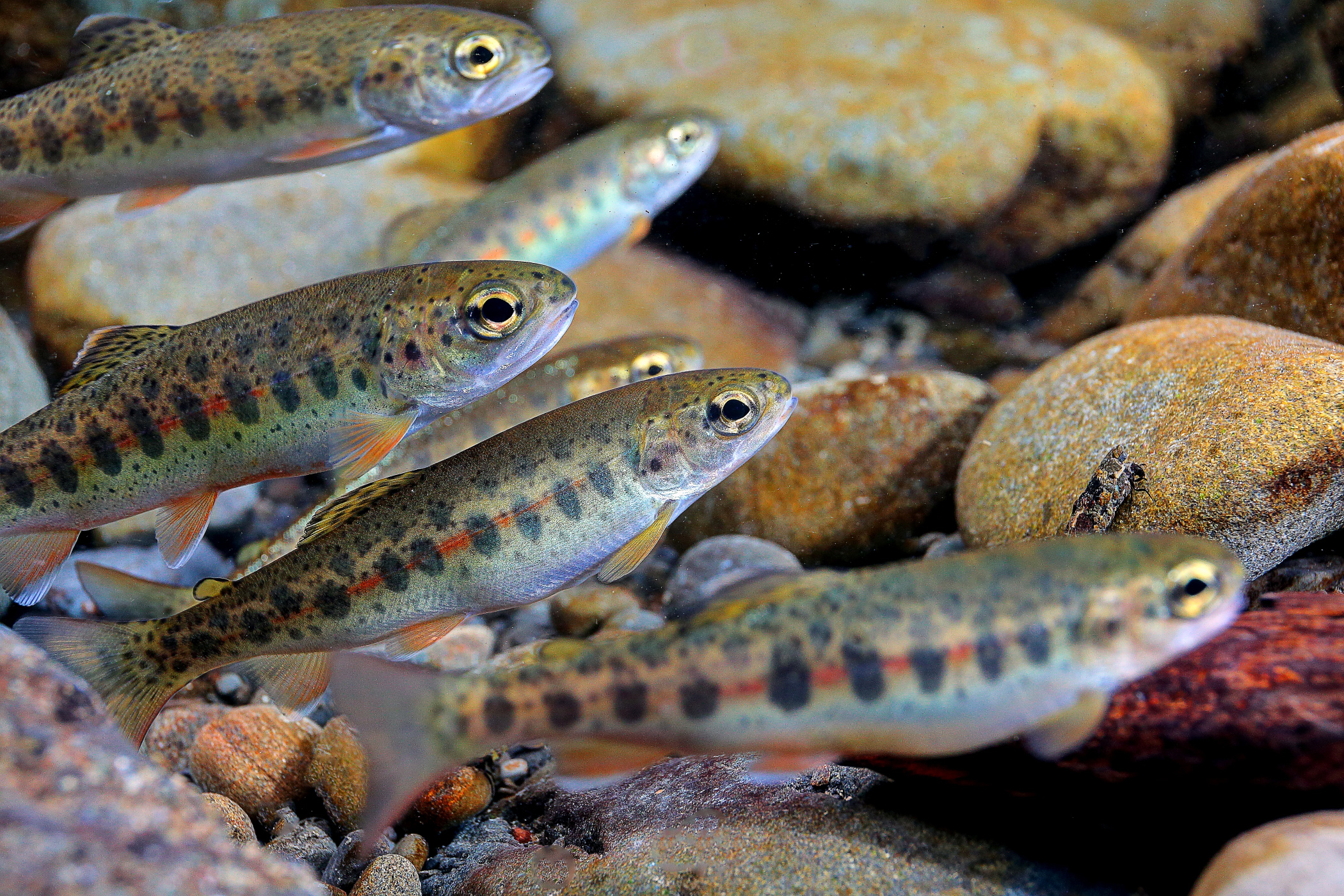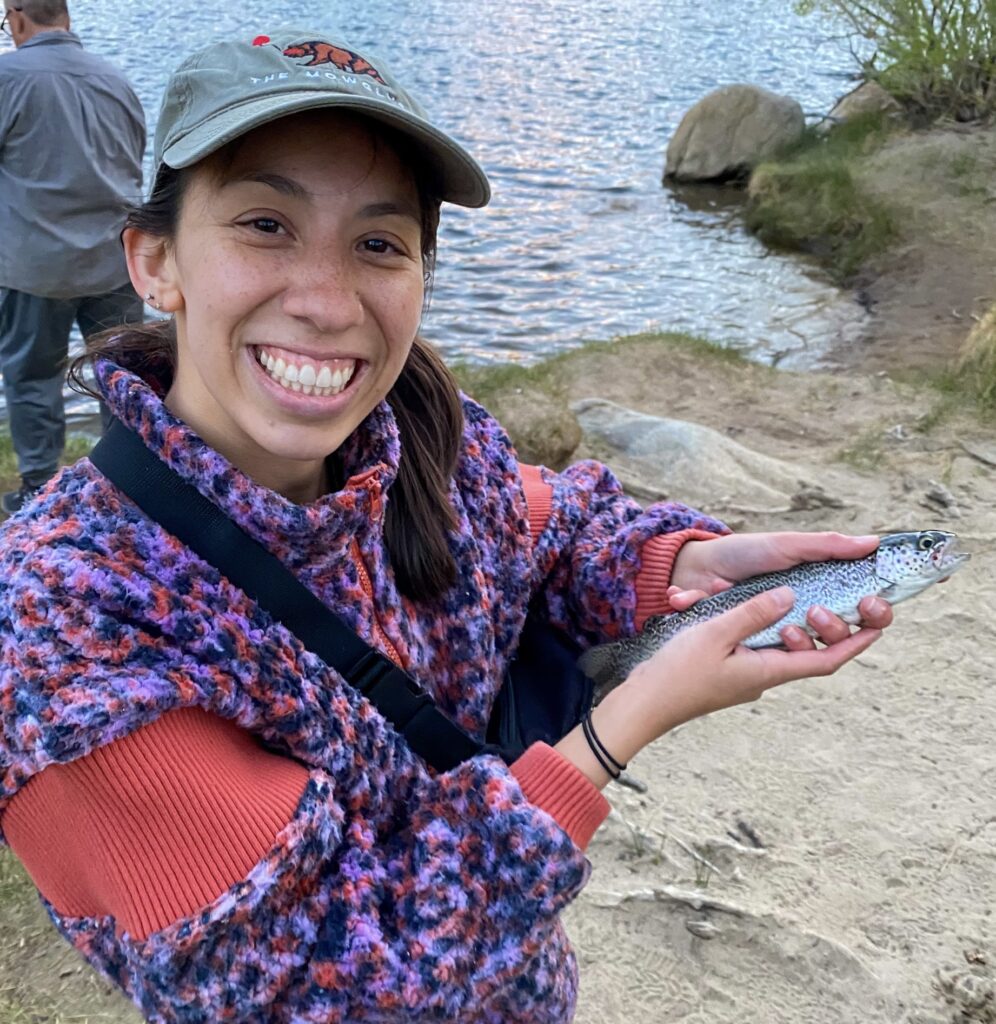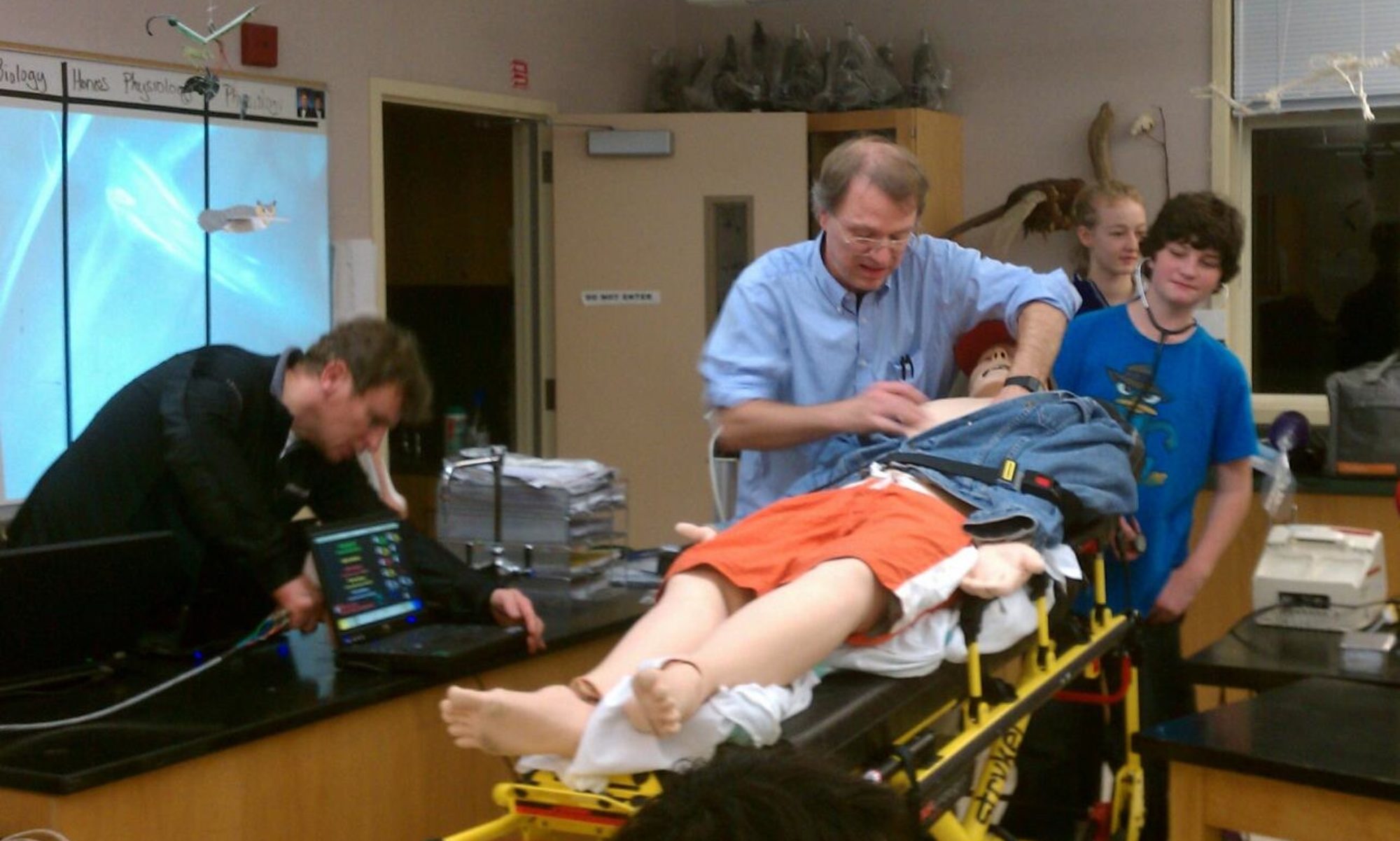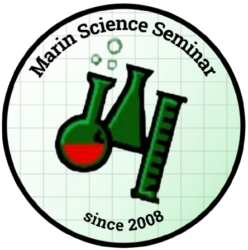with Jackie Galvez, Ph.D. candidate, UC Berkeley
WHEN?: Wednesday, March 12th, 2025 – TLHS Innovation Hub – 7:30 – 8:30pm

Description: Humans impact ecosystems in a variety of ways, with urbanization, climate change, and infrastructure projects posing unique challenges organisms must overcome. In freshwater river systems, human-made dams pose major risks to endangered fish species, disrupting habitats in many ways. Jackie Galvez’s research investigates the influence of damming on one important aspect of fish biology: anatomy. By using museum collections to study fish body shape and skeletal anatomy, we can better understand how fish adapt to human influences, better informing conservation efforts for California native species. Bring your questions and your curiosity!

Bio: Jackie Galvez is an ichthyologist (fish biologist) studying the impacts of artificial dam barriers upon body shape and skull anatomy in endangered steelhead trout. More broadly, Jackie is interested in anthropogenic influences upon trophic ecology (diet) and morphology (anatomy) of fish living in human-impacted environments. She interned for the Los Angeles County Natural History Museum, where she conducted her senior thesis research and learned collection management, and also conducted an independent research project on cichlid evolutionary relationships as a National Science Foundation intern at the Field Museum of Natural History in Chicago. Jackie received her Bachelor of Science degree in Biology from Loyola Marymount University, where she researched invasive plant presence at a Los Angeles urban park (Ascot Hills), the impacts of warming temperatures on California black walnut seeds, and conducted an anatomical comparison of rodent skulls in polluted versus non-polluted locations in Southern California. Currently she is working on her Ph.D. in Dr. Jack Tseng’s FAVE lab at UC Berkeley’s department of Integrative Biology and the Museum of Vertebrate Zoology (MVZ).
Links:

